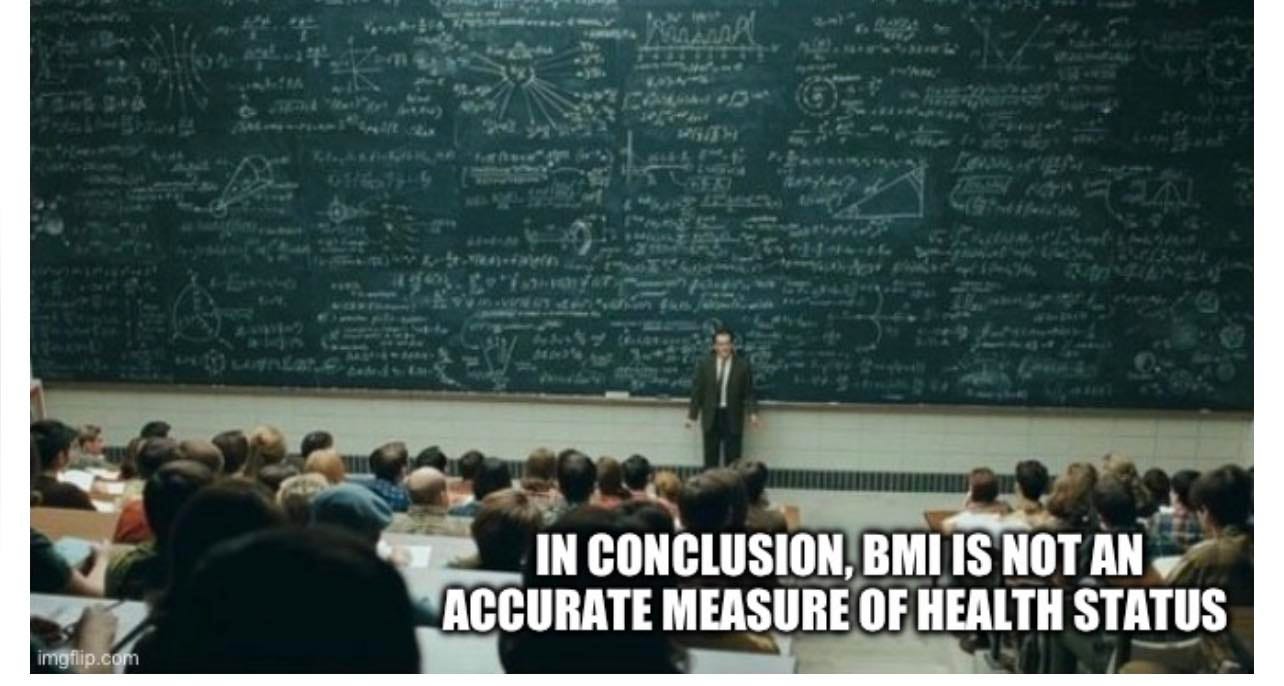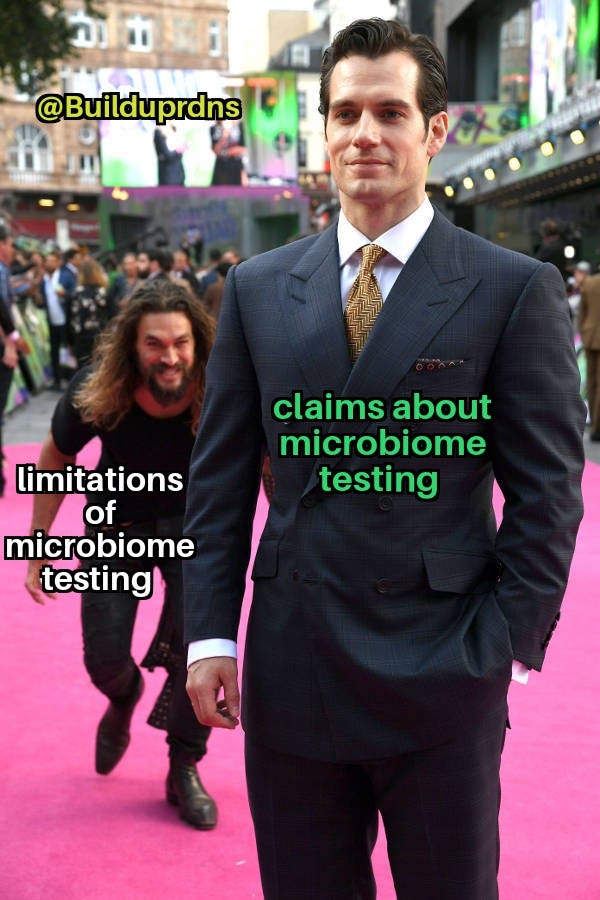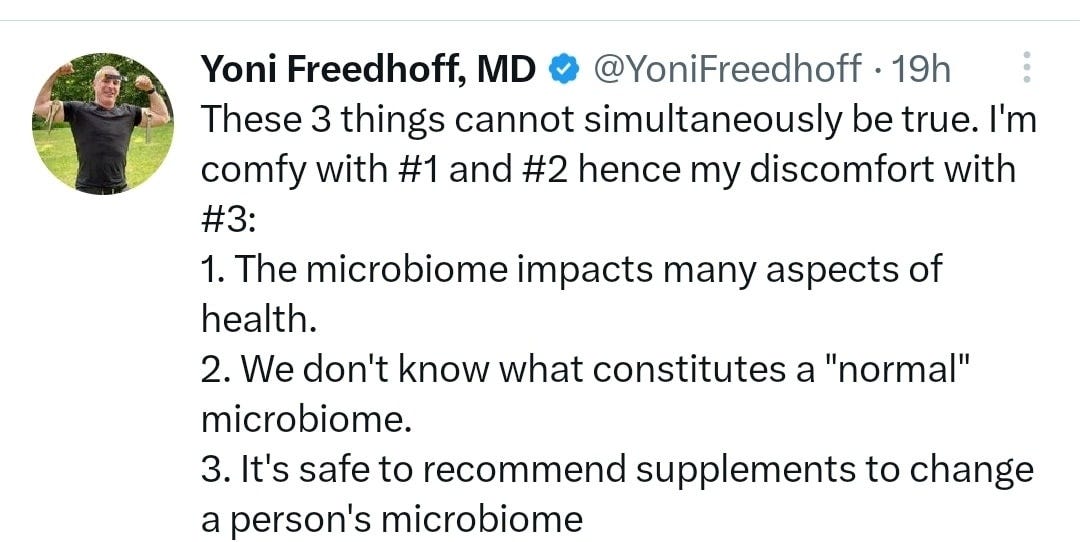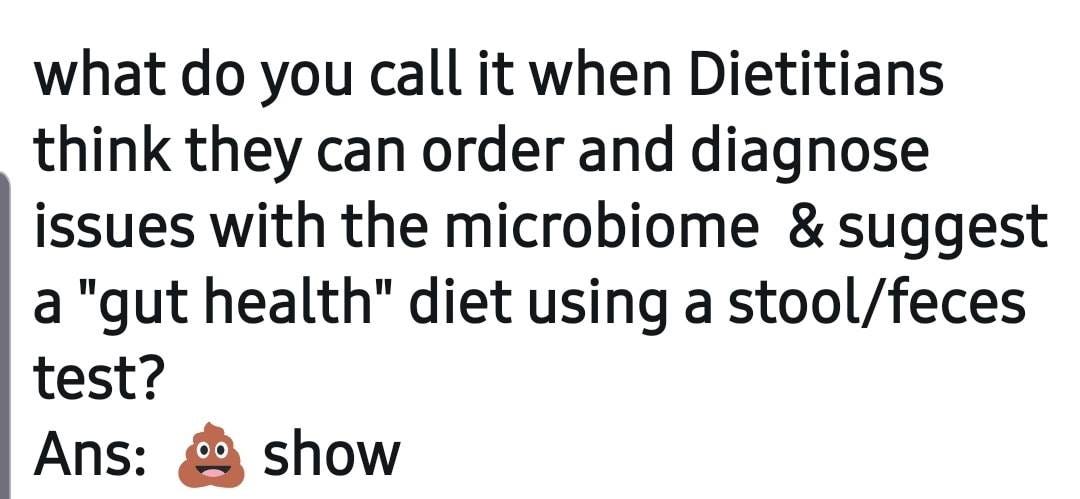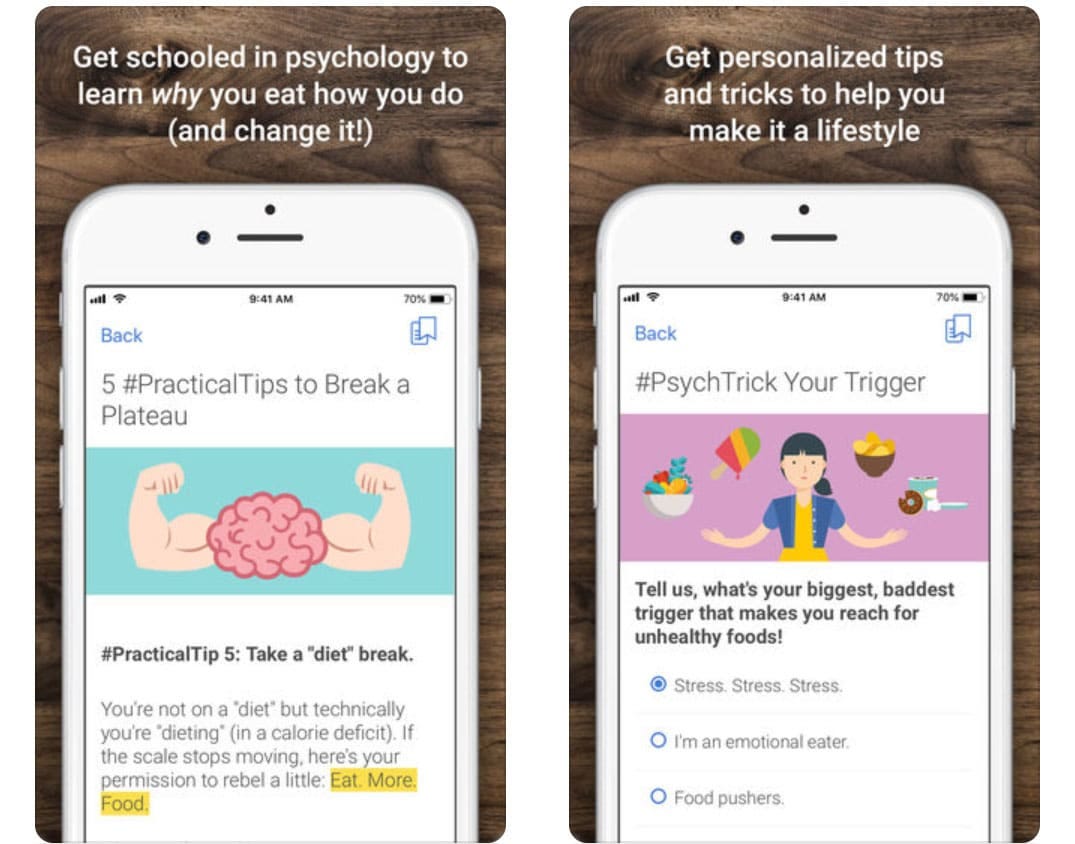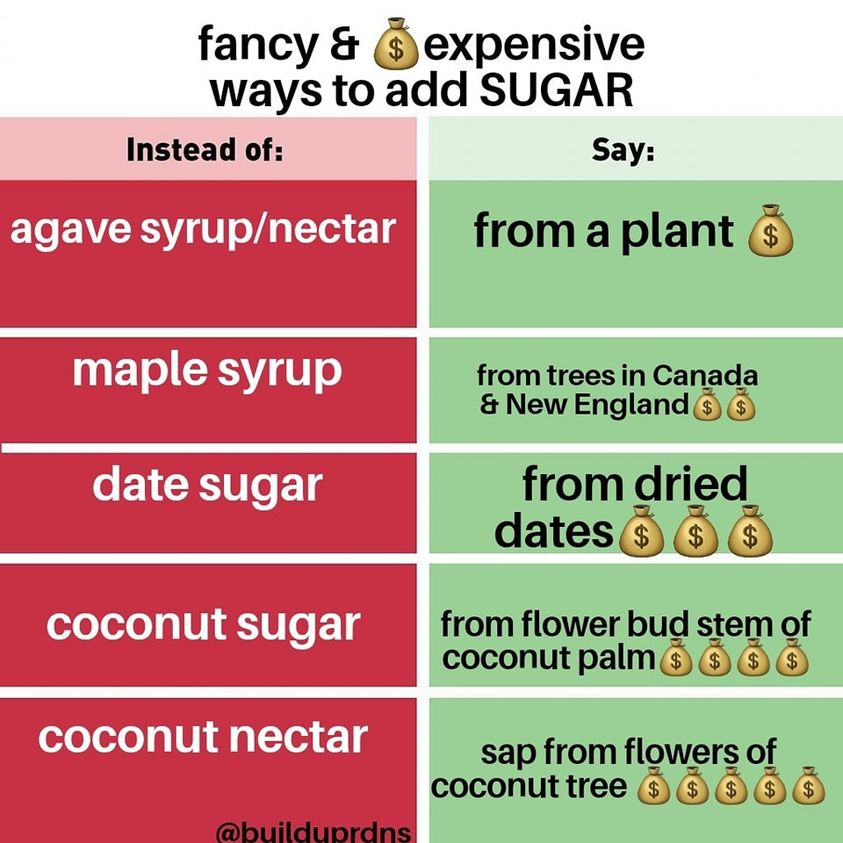Build Up Catch Up - 5/26/23
BMI BS, Proof about Poop tests?, Book Nook, 3 Things
Is BMI BS?
This week’s winning meme suggestion was by Cassie Stockman and definitely struck a chord.
Many dietitians have been trained to use BMI (Body Mass Index) as a tool to assess weight as part of the health of a patient. BMI is currently being used in a variety of settings. Medical care for obesity and even health care in general tends to rest on and reference the BMI. As the meme suggests, is BMI the best data point? -no- for a variety of reasons. Is BMI the only data point that should be used to assess health? -no- for a variety of reasons.
Some podcasts listen to on the topic of using BMI and its limitations:
Maintenance Phase Podcast - “The Body Mass Index”
Unbiased Science Podcast with Dr. Spencer Nadolsky - “Weight a Minute: Let’s Chat BMI & Obesity”
Bottom Line: Most dietitians have probably found someone whose BMI should indicate they’re at an appropriate weight; only to learn they’re anything but healthy. Similarly, most dietitians have probably met someone whose BMI indicated overweight or even obesity and yet they were fit, active and metabolically healthy.
A group dietitians might want to join: Build Up Dietitians Weight Management (and Bariatrics)
GI MAP … Microbiome (Poop) Profiling
This week we got a question from a dietitian wondering if “GI Mapping” was a legitimate testing. To understand more about this, some experts weighed in:
Vitamin PhD (Dr. Gabrielle Fundaro, CHC): “The GI MAP test is a specific form of stool testing, but there are other companies that do this too - like Viome and Zoe - using similar methods. Essentially, they identify the microbes in a stool sample (using legitimate research methods, like 16s rRNA or whole genome shotgun sequencing) but then they make pseudoscientific claims in their interpretations of the tests, and that's where we run into issues.” (Reference article)
GI dietitian Tamara Duker Freuman also put this into perspective.: "Stool microbiome testing is not validated to be diagnostic of anything, there are no established "normal" reference ranges for microbial taxa in the colon and there is no known way to micromanage the microbiome even if there were... so these tests are just a bunch of descriptive data that is neither diagnostically helpful nor actionable."
Article: “Why Microbiome Tests are Currently of Limited Value for Your Clinical Practice” Dietitian Kate Scarlata notes, “While interesting, microbiome stool testing is a bit ahead of its time to be marketed to consumers presently,”
The article hyperlinked above mentions microbiome testing limitations including:
Scientists have not yet defined a healthy or normal gut microbiome that can reliably predict whether a person will develop a particular disease.
That a commercial microbiome test provides a large amount of information is not an indicator of its reliability…the science on how to use diet or food supplements to correct specific levels of microbial metabolites is just not there yet.
Article: NY Times “Should You Get a Microbiome Test?”
“…microbiomes are as unique as fingerprints…with so much variation between individuals, there is no consensus on precisely what constitutes a “healthy” microbiome. Nor is it always clear whether specific strains of bacteria and low levels of microbial diversity promote obesity and metabolic diseases, or vice versa. Some gut microbes appear to be beneficial in some people and detrimental in others.”
Bottom Line: The usefulness of microbiome testing (like GI MAP) is not yet ready for prime time. Chances are good those selling and promoting these types of tests probably just end up recommending what most would consider good dietary choices —like eating fruits and vegetables. But others may be deliberately making promises, working ahead of the science and evidence in an effort to separate customers from their money, sell supplements or restrictive diets.
Group Dietitians might want to join: Build Up Dietitians Gastro
Book Nook
“What We Don’t Talk About When We Talk About Fat” - Aubrey Gordon
From taking a closer look at diet culture and wellness trends, to the history of BMI…a look at some of the cultural and social stigmatism around body size. How we can be more compassionate and aware of some of the challenges people face.
Hot Topics: 3 things to think about
Are people willing to make lifestyle changes to be healthier? Not as much as taking medication — According to research compiled by IFIC/FoodInsight.
Remember when NOOM claimed they weren’t a diet? Well, they’ve joined the ranks of WW (the weight loss program formerly known as Weight Watchers) and will now be offering weight loss meds. Here are reactions from dietitians in our Build Up Dietitians Weight Management (and Bariatrics) group.
“At least they've pulled back the wool to show their wolf side and perhaps have more truthful sales tactics.” - Jessie F.
“If a patient is on a GLP-1 for weight loss will/should this be considered MNT? I'm pretty sure Noom mostly hires nutrition coaches not dietitians. I can't see a lot of health coaches having enough education or training to be adequately supporting patients.” - Rebecca K.
Have you heard about coconut nectar/syrup? It’s being used in recipes marketed as somehow different/better/healthier than granulated/table sugar…and yet, like maple syrup or agave nectar, it still counts as sugar.

